11 people, one chair, countless possibilities.
In August, when Federal Reserve Chairman Jerome Powell delivered what may be his last significant speech at the Jackson Hole annual meeting, the competition for the next chairman quietly began.
Current Treasury Secretary Scott Basset holds a list of 11 candidates.
Starting from Labor Day on September 1, Basset will meet with these candidates one by one to select the final nominee for President Trump.
Previously, Trump did not hide his dissatisfaction with current Chairman Powell, publicly calling him a "numbskull" and a "moron" multiple times. He desires a more "compliant" Federal Reserve chairman but also needs to maintain the Fed's reputation for independence.
Who is more likely to become the next chairman of the Federal Reserve? We have also compiled a list of these 11 candidates.
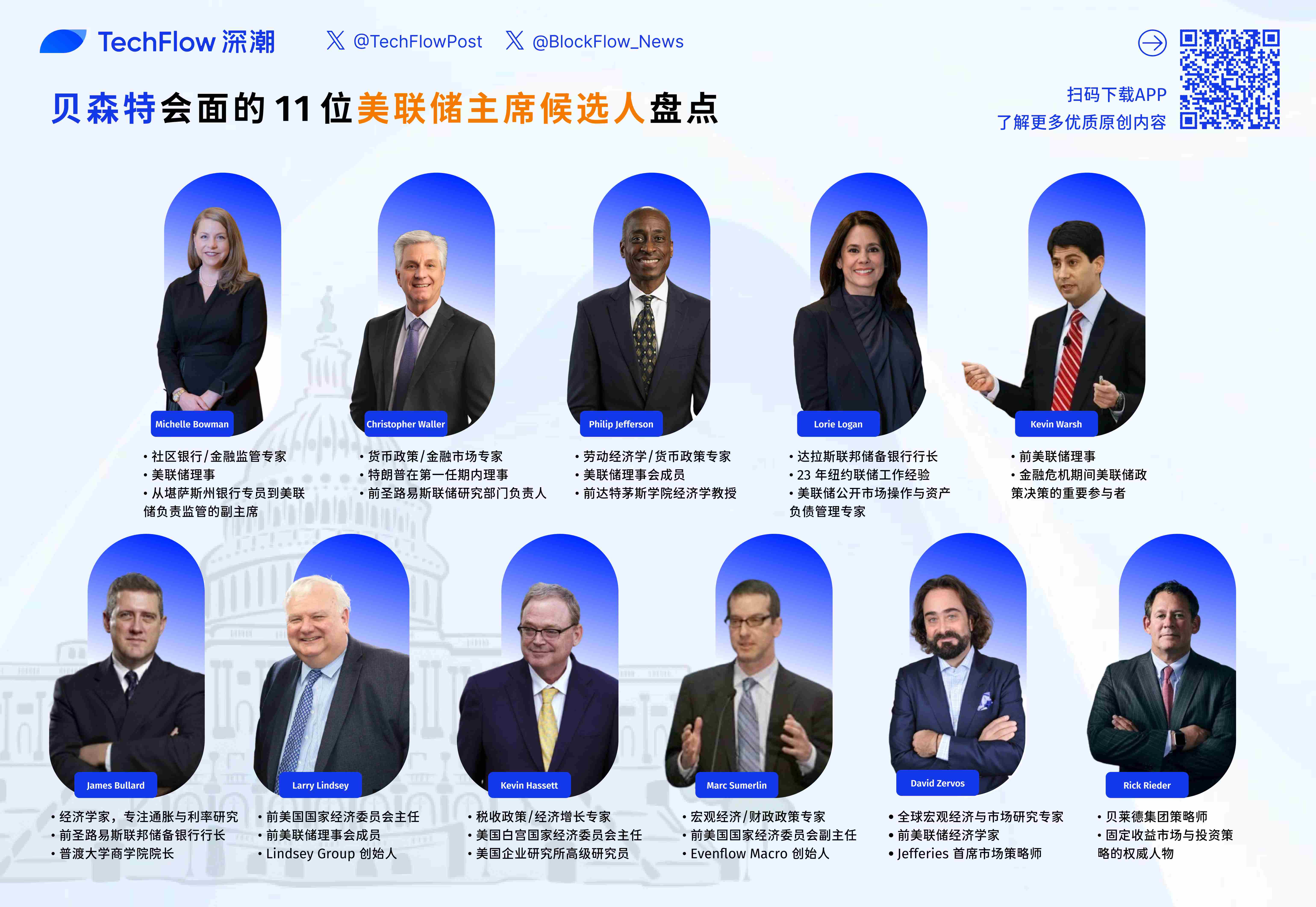
First Tier: Seeds of Succession within the Federal Reserve System
Four senior officials within the Federal Reserve form the most competitive first tier.
They are familiar with the Fed's operational mechanisms, possess rich policy-making experience, and most importantly, they have already proven themselves within the current monetary policy framework.
Michelle Bowman: The Regulatory Iron Lady
Key Tag: "The Sole Dissenter"
At 54, Michelle Bowman, one of the youngest members of the Federal Reserve Board, may be the toughest hawk. In 2024, when the Fed begins its rate-cutting cycle, she was the only board member to cast a dissenting vote—this courage earned her respect within Trump's team.
Core Advantages:
A complete financial regulatory background: from Kansas Bank Commissioner to Vice Chair for Supervision at the Federal Reserve
Understands community banks, aligning with Trump's idea of "deregulating small banks"
Strong personality, willing to stand her ground
Potential Challenges: Her hardline stance may raise market concerns about excessive monetary tightening.
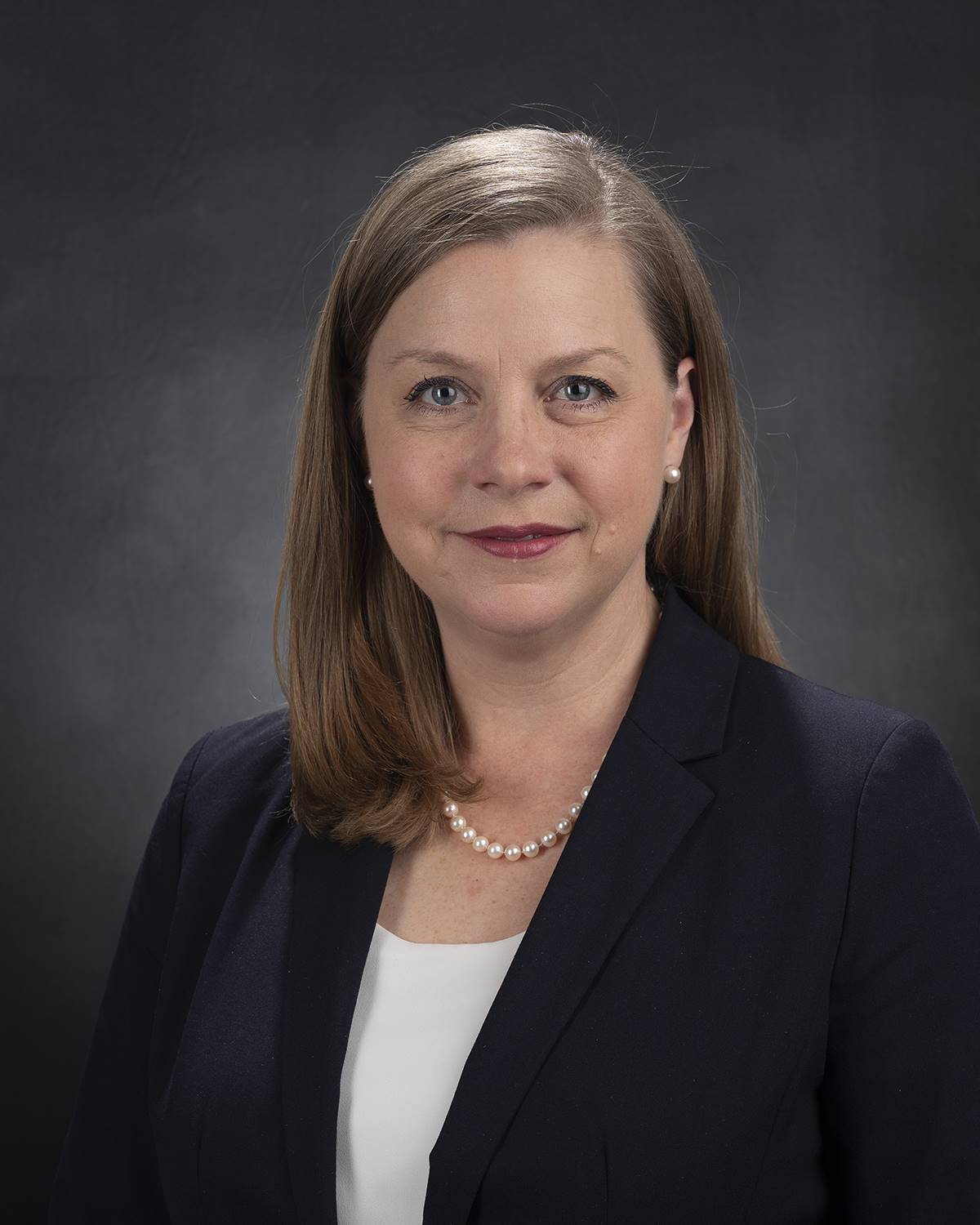
Christopher Waller: The Scholar-Practitioner
Key Tag: "Powell 2.0"
At 65, Waller may be the "safest" choice. He is the former research director of the St. Louis Fed, with a solid academic foundation and practical policy experience. More importantly, he was personally nominated by Trump during his first term.
Core Advantages:
An authority on monetary economics, having published extensively on central bank digital currencies and financial stability
Excellent communication skills, often able to precisely guide market expectations in his speeches
Potential Challenges: He may be seen as too "traditional," lacking the reformist vigor that Trump expects.
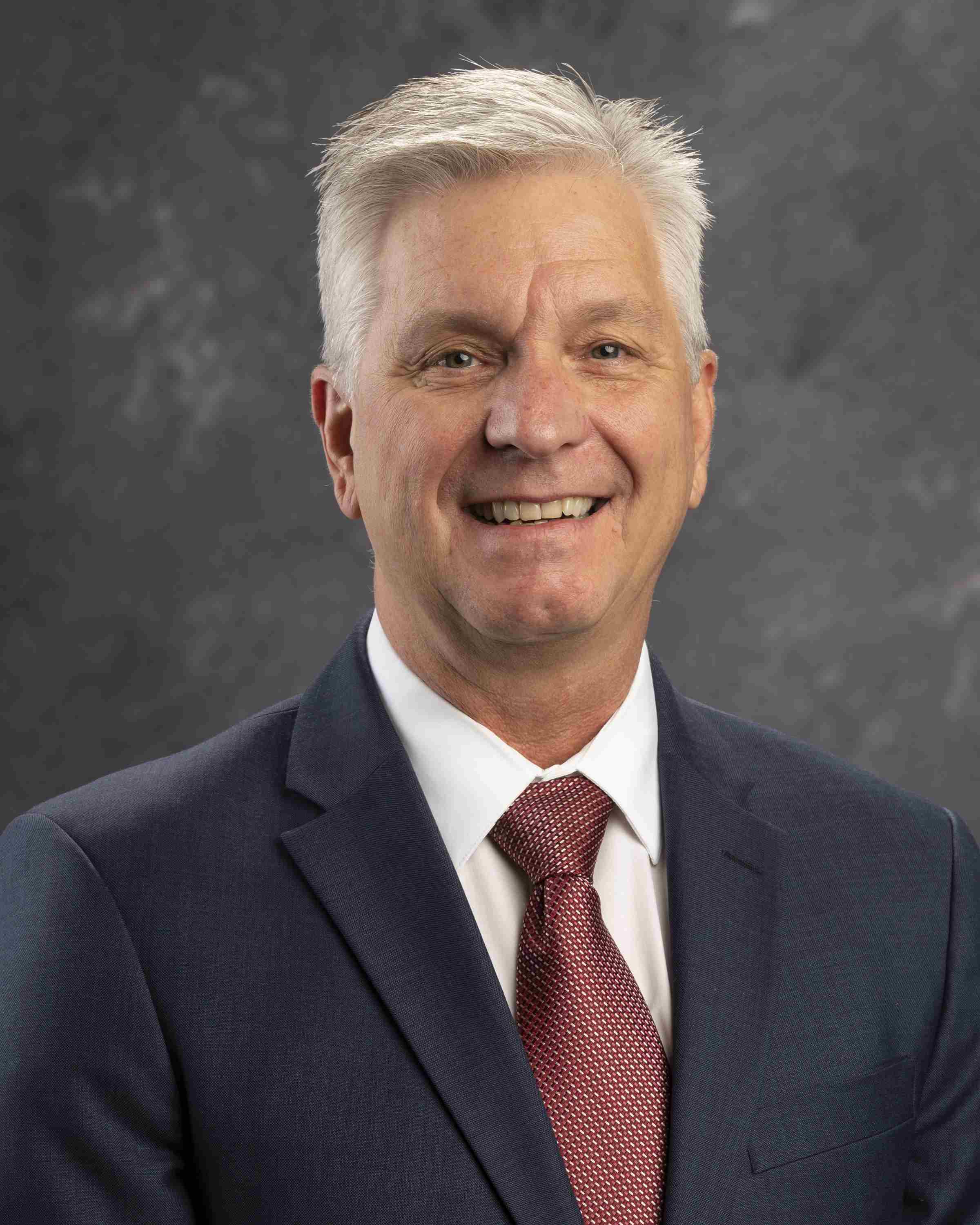
Philip Jefferson: The African American Vice Chair
Key Tag: "The Steady Coordinator"
If elected, 63-year-old Philip Jefferson would become the first African American chairman in the history of the Federal Reserve. But his advantages go beyond that. As the current vice chair, he is the most familiar with the Fed's daily operations.
Core Advantages:
An expert in labor economics with unique insights into the job market, which is a key indicator for Trump
A strong academic background as an economics professor at Dartmouth College, yet with practical experience
Potential Challenges: He may be perceived as too cautious, potentially lacking decisiveness in times of crisis.
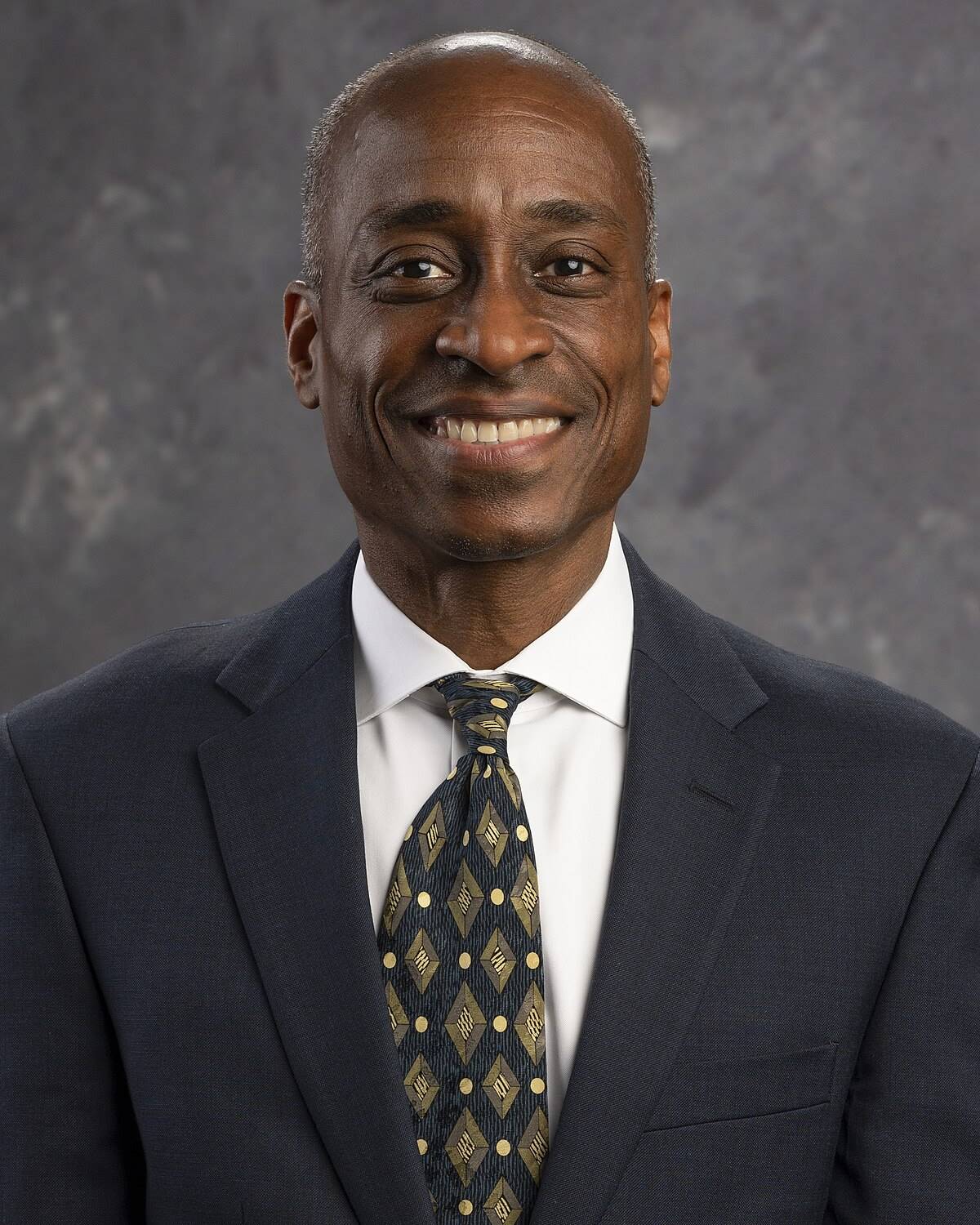
Lorie Logan: The Market Operations Maestro
Key Tag: "The Central Banker Most Understood by Wall Street"
Lorie Logan, a former president of the Dallas Fed, long headed the market operations department at the New York Fed, making her an expert in "managing" trillions of dollars.
Core Advantages:
23 years of experience at the New York Fed, having executed open market operations herself
Extensive crisis management experience, having participated in handling the 2008 financial crisis and the 2020 pandemic shock
Potential Challenges: Her identity as a regional Fed president may be a disadvantage, lacking political capital in Washington.
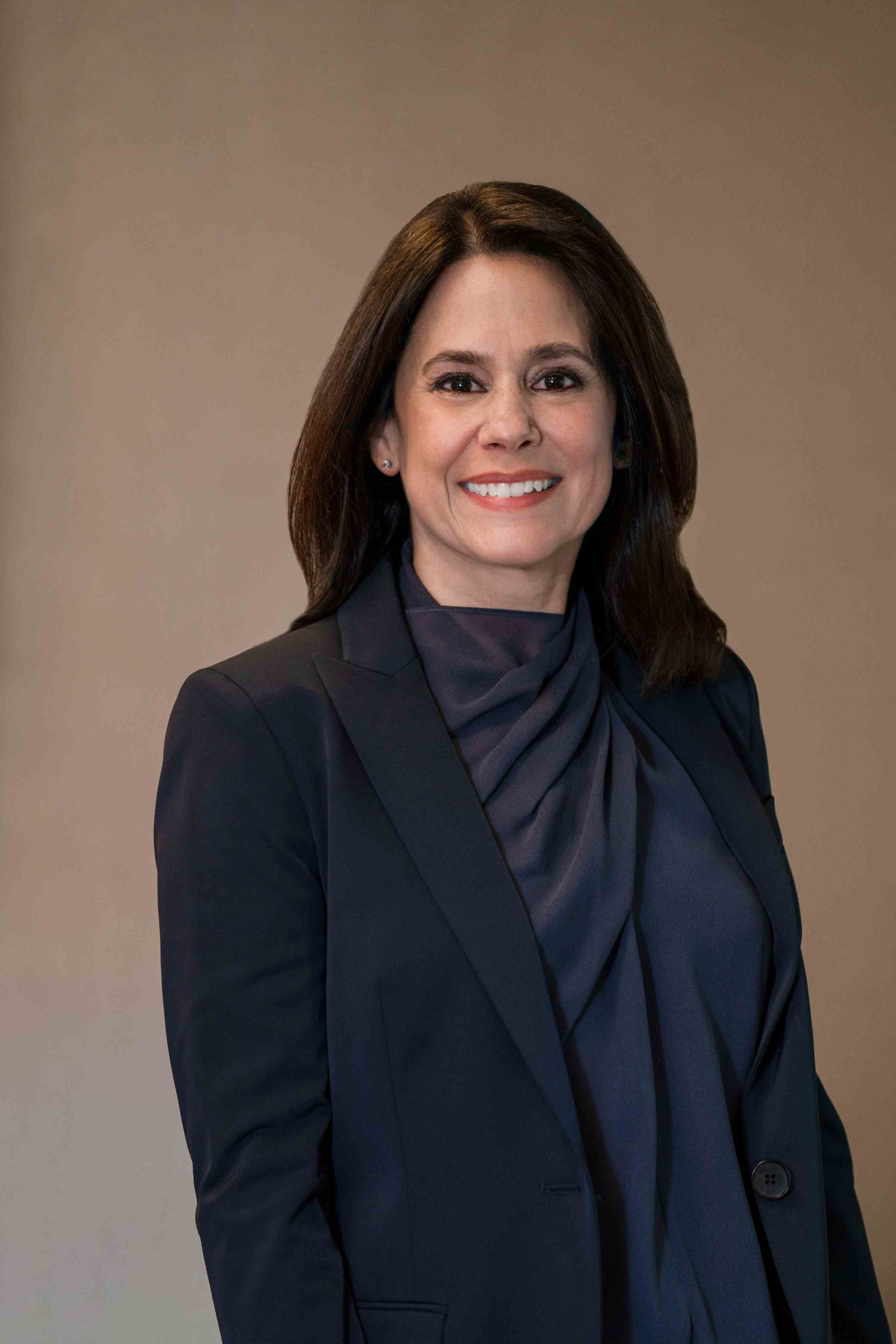
These four internal candidates represent the "establishment" strength of the Federal Reserve. Their common advantage is the ability to ensure policy continuity and avoid market turbulence.
Second Tier: Experienced Returnees
The next three candidates have previously left the Federal Reserve and are more identified as former officials. Their common advantage is that they understand the Fed's operational system while not being constrained by the existing framework.
Kevin Warsh: The Return of the Wall Street Golden Boy
Key Tag: "The Youngest Possibility"
At 54, Kevin Warsh has an enviable resume: he became the youngest board member in Fed history at 35, served as a key advisor to Bernanke during the 2008 financial crisis, and has focused on monetary policy reform at the Hoover Institution at Stanford after leaving the Fed.
More crucially, Trump seriously considered him when selecting a Treasury Secretary.
Core Advantages:
A unique experience spanning Wall Street (Morgan Stanley), the Federal Reserve, and academia
Clear reform ideas, having authored several significant articles on Fed institutional reform
Strong networking resources, with a father-in-law who is an heir to cosmetics giant Estée Lauder, maintaining deep connections in Wall Street and Washington
Young and vigorous, capable of bringing a new generation of leadership to the Fed
Potential Challenges: He was a popular candidate for Fed chair in 2017 but ultimately lost.
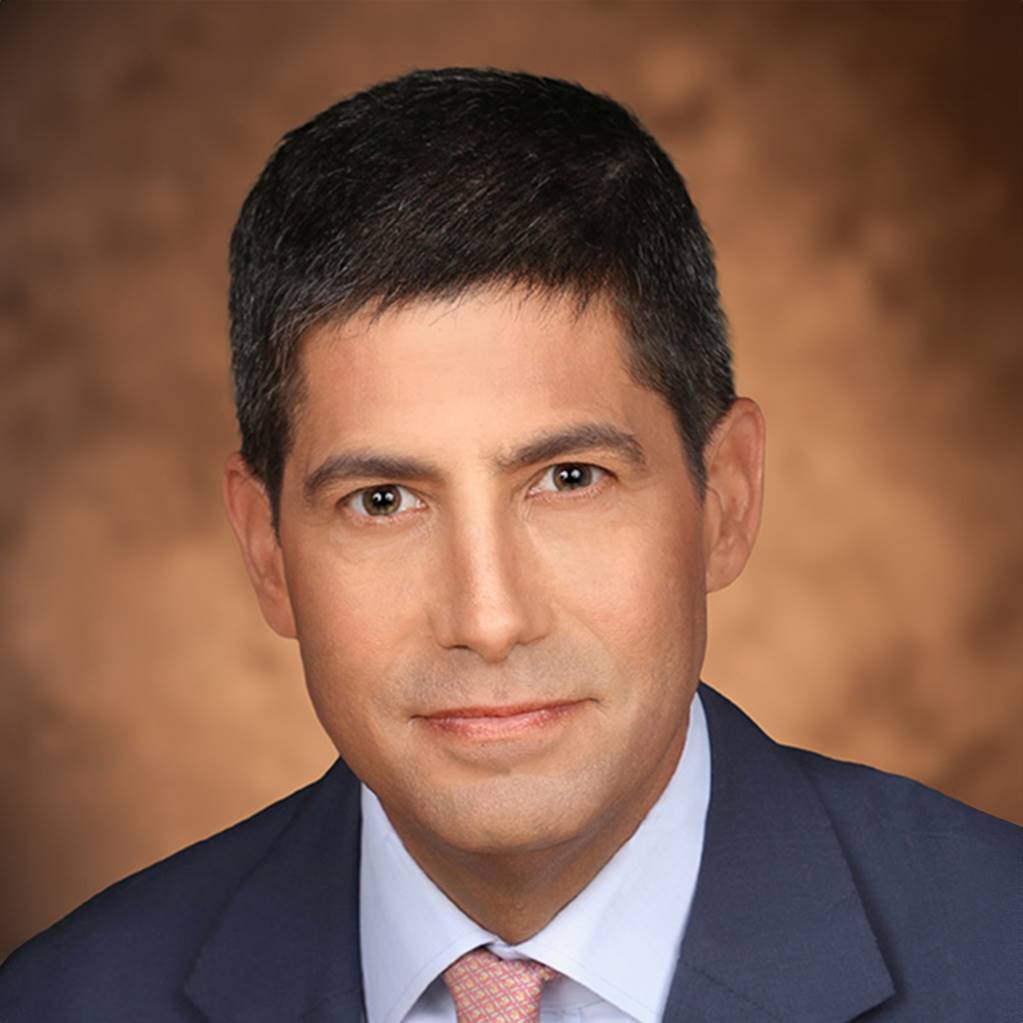
James Bullard: The Inflation Prophet
Key Tag: "The One Who Understands Inflation Best"
If anyone foresaw the current inflation surge, James Bullard is certainly on the list. The former president of the St. Louis Fed began warning about inflation risks in 2021, a full year ahead of the mainstream Fed view.
Core Advantages:
A record of inflation predictions, dubbed the "Inflation Hawk King" by the media
Currently the dean of Purdue University's business school, maintaining a sharp focus on economic research
Potential Challenges: His personality is too independent. During his tenure at the St. Louis Fed, he was often a dissenter at FOMC meetings.
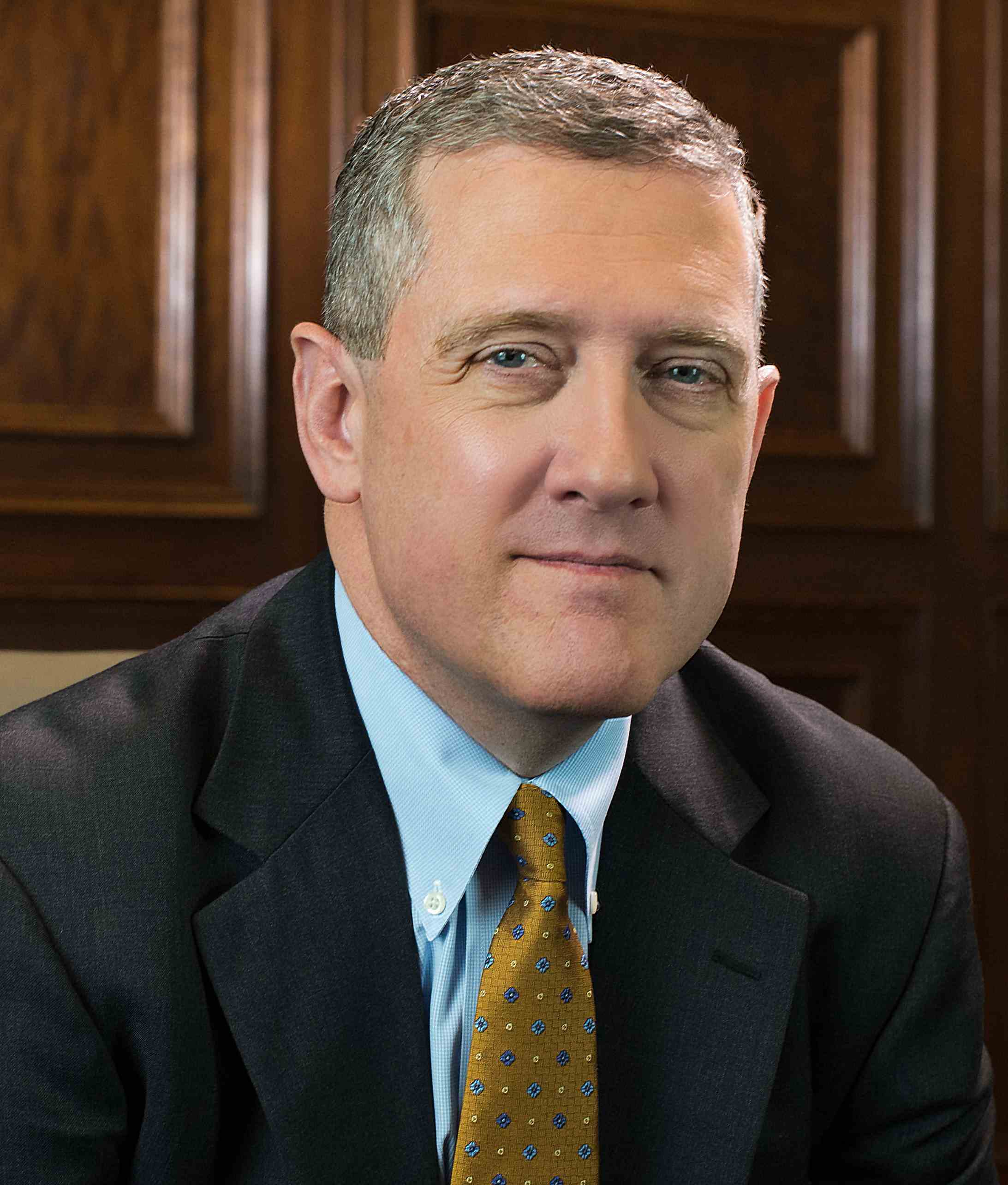
Larry Lindsey: The Political Veteran and Economic Advisor to George W. Bush
At 70, Larry Lindsey may be the candidate who best understands how to navigate between politics and economics.
He served as chief economic advisor to President George W. Bush and was also a Fed board member during Clinton's administration. This bipartisan experience is extremely rare in today's polarized Washington.
Core Advantages:
White House experience, skilled at coordinating the relationship between the Fed and the executive branch
Outstanding predictive ability, having accurately forecasted the bursting of the internet bubble and the costs of the Iraq War
Founded his own economic consulting firm, maintaining close ties with the business community
Potential Challenges: Age may become an issue, and he has been out of the Fed for over 20 years, raising doubts about his familiarity with modern monetary policy tools.
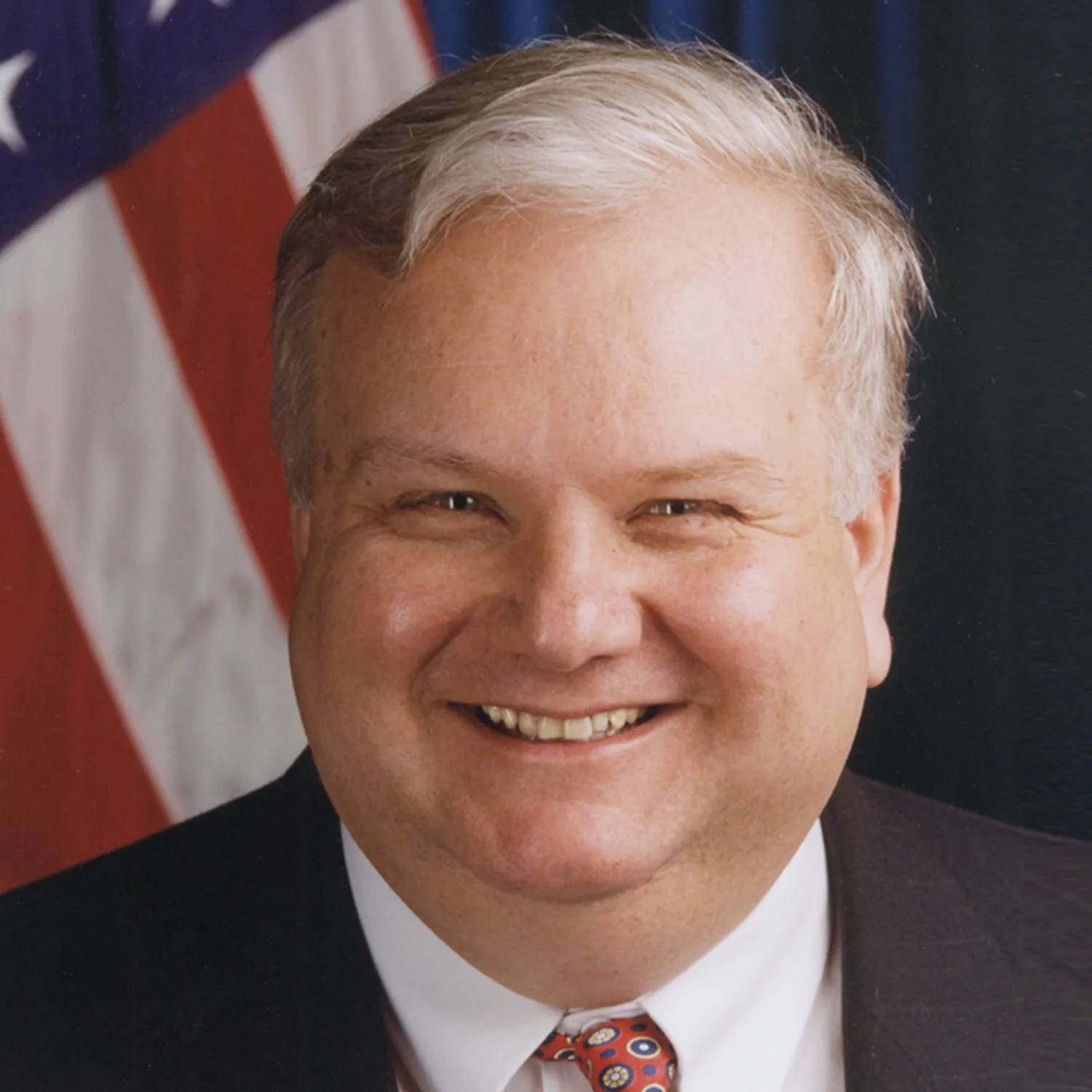
Third Tier: The President's Trusted Economic Advisors
If the first two tiers represent professionalism, this tier represents loyalty.
The greatest advantage of these two candidates is not their understanding of monetary policy, but their understanding of "Trump economics."
Kevin Hassett: The President's Economic Mentor
Key Tag: "Chief Evangelist of Trump Economics"
At 62, Kevin Hassett may be the candidate most closely associated with Trump. As the current director of the National Economic Council, he interprets economic data for the president almost daily. More importantly, he is one of the few who can get Trump to sit down and listen to a full economic lecture.
Core Advantages:
Deeply trusted by Trump, referred to by the president as "my economics professor"
A tax reform expert, one of the main architects of Trump's 2017 tax reform
Always able to find highlights in economic data, a style that Trump appreciates
Potential Challenges: Lacks central bank work experience, has never worked at the Fed, and his understanding of monetary policy mainly comes from academic research.
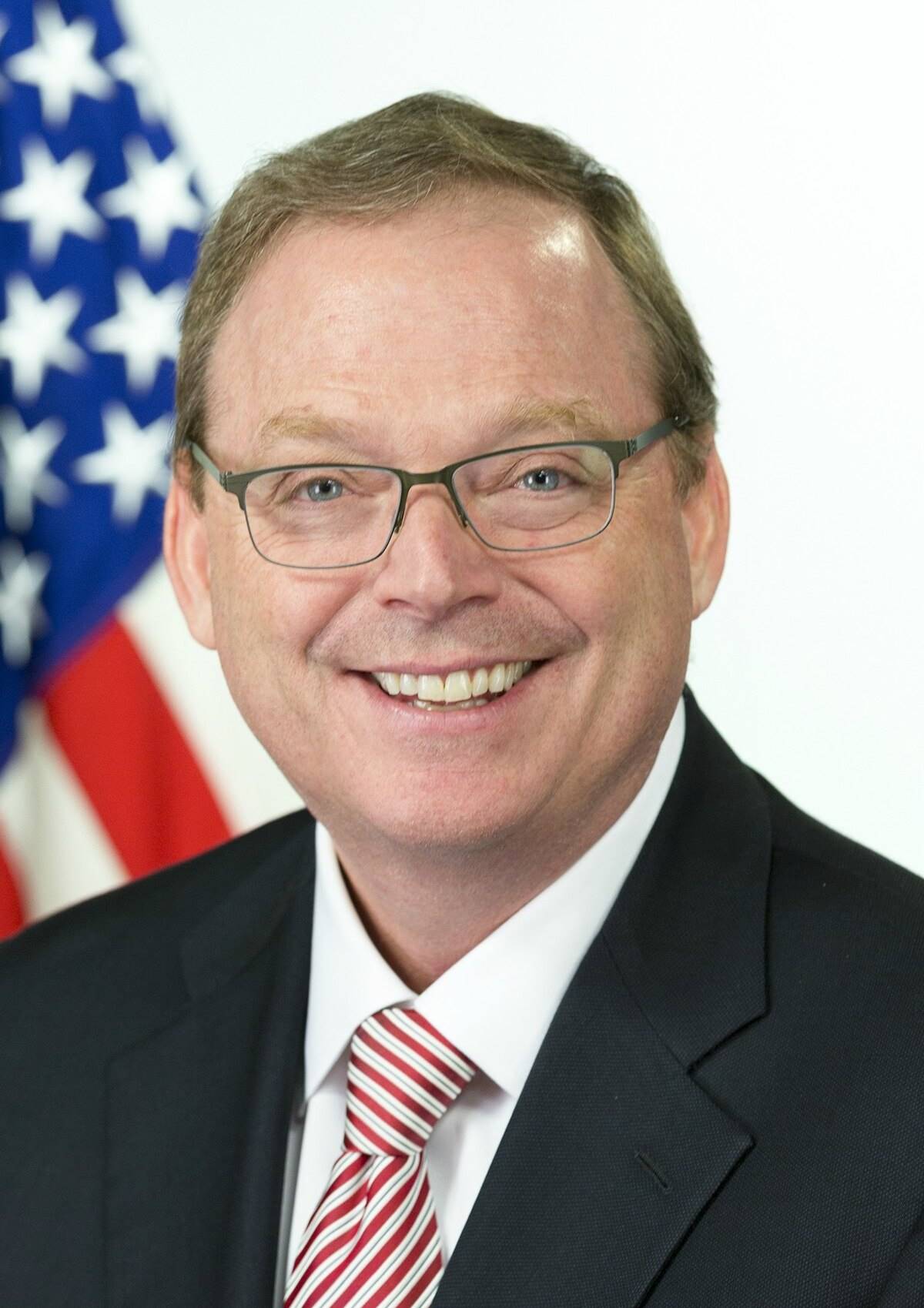
Marc Sumerlin: The Establishment Reformer
Key Tag: "An Outsider Who Understands Washington Rules"
Marc Sumerlin is an interesting contradiction: with the most traditional establishment background, having previously served as deputy director of the National Economic Council under George W. Bush, yet proposing the most radical Fed reform plans.
He advocates for a complete overhaul of the Fed's decision-making process, including shortening the Federal Open Market Committee (FOMC) statements, reducing the frequency of press conferences, and restoring the Fed's "mystique."
Core Advantages:
Deep bipartisan connections, having provided economic advice to several Republican senators
Founded Evenflow Macro consulting firm, with clients including top hedge funds on Wall Street.
Potential Challenges: Relatively low profile, the public and market lack familiarity with him.
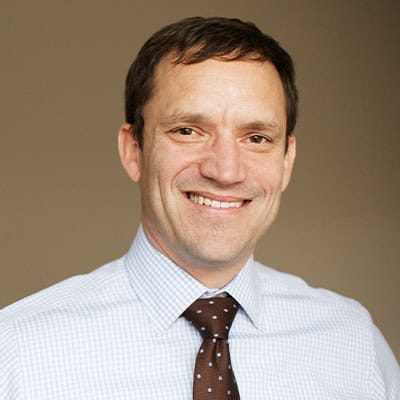
Fourth Tier: Fresh Blood from Wall Street
The following two candidates have practical experience in financial institutions and can be said to be on the front lines of the market.
David Zervos: The Blunt Commentator
At 56, David Zervos is one of the most colorful economists on Wall Street. As the Chief Market Strategist at Jefferies, his market commentary is known for being spicy and direct.
Core Advantages:
Extremely sharp market instincts, he warned of the subprime crisis in advance in 2008 and boldly took a bullish stance during the market's most panicked moments in March 2020.
Has Federal Reserve work experience (worked at the New York Fed in the 1990s), understands central bank operations.
Potential Challenges: His overly straightforward personality may cause issues in the diplomatic environment of the Federal Reserve. He has publicly referred to certain central bank policies as "economic suicide."

Rick Rieder: Guardian of Massive Funds
Key Tag: "The Man Managing $4 Trillion"
As the Chief Investment Officer of Global Fixed Income at BlackRock, he manages over $4 trillion in assets.
This figure exceeds Germany's GDP. Every change in Federal Reserve policy directly impacts his investment portfolio.
Core Advantages:
Experienced through multiple economic cycles and crises.
Manages a globally diversified bond portfolio.
A risk management expert, with losses during the 2022 bond massacre far below the market average.
Potential Challenges: Transitioning from managing private sector funds to formulating policies that affect those funds may raise questions of conflicts of interest. Additionally, his high-salary background on Wall Street may provoke populist backlash.
Traditionally, the Federal Reserve prefers leaders with academic backgrounds, believing they are better able to maintain independence and a long-term perspective. However, Zervos and Rieder represent another possibility, using practical market experience to guide policy-making.
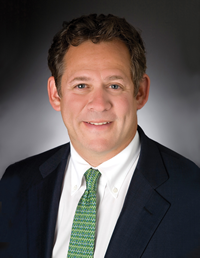
Who will emerge victorious remains unknown, but historical experience shows that what truly defines a Federal Reserve chairman is often not the ideas they bring but the crises they face.
Greenspan encountered the internet bubble, Bernanke faced the financial tsunami, Yellen dealt with the pandemic shock, and Powell experienced the resurgence of inflation.
What will the next Federal Reserve chairman encounter?
A comprehensive impact from digital currencies, or an unimaginable "black swan"?
This future is closely related to each of us.
11 people, one chair, countless possibilities.
The game has begun.
免责声明:本文章仅代表作者个人观点,不代表本平台的立场和观点。本文章仅供信息分享,不构成对任何人的任何投资建议。用户与作者之间的任何争议,与本平台无关。如网页中刊载的文章或图片涉及侵权,请提供相关的权利证明和身份证明发送邮件到support@aicoin.com,本平台相关工作人员将会进行核查。




